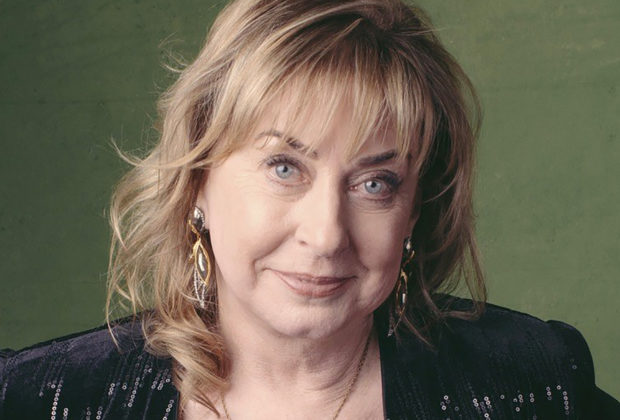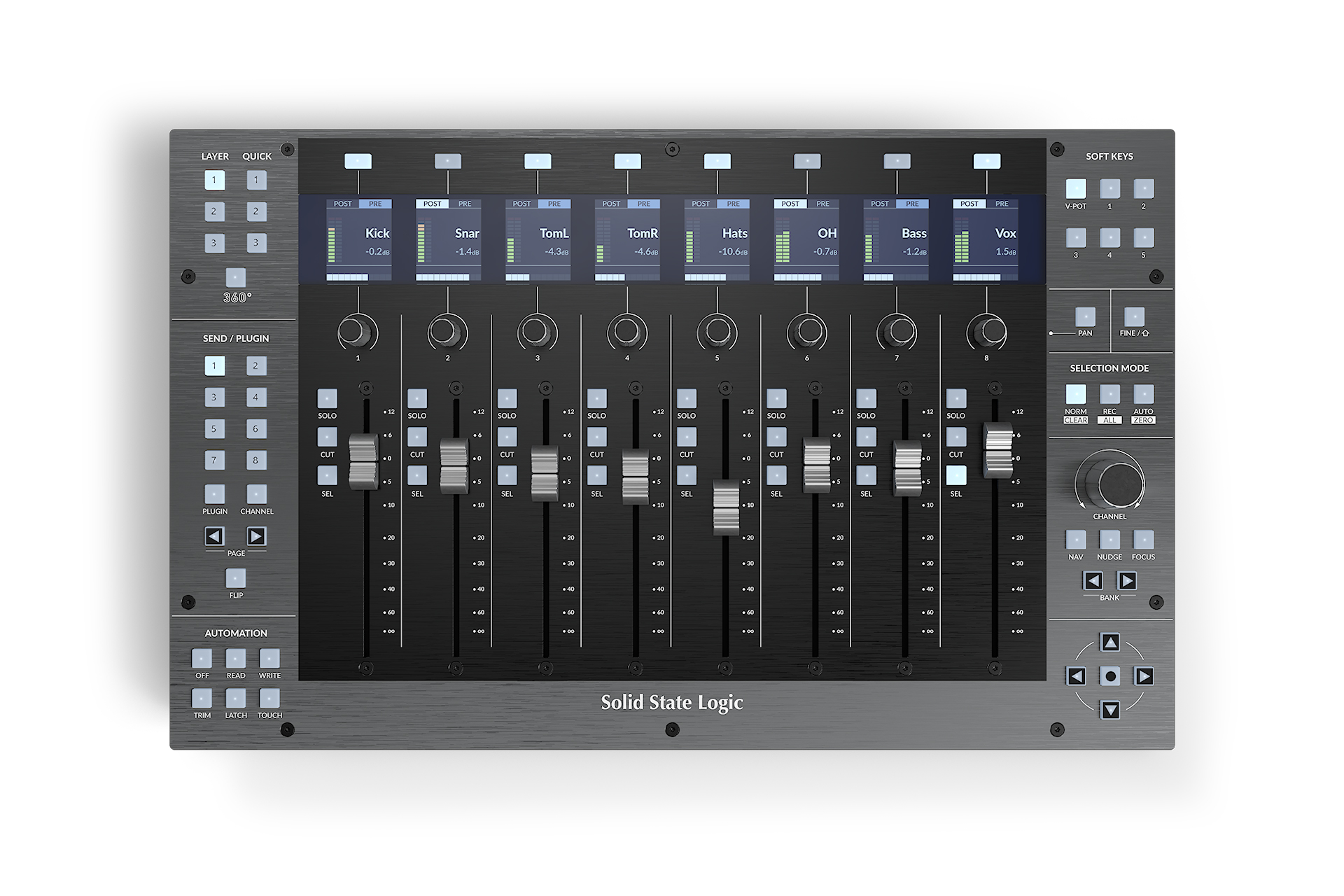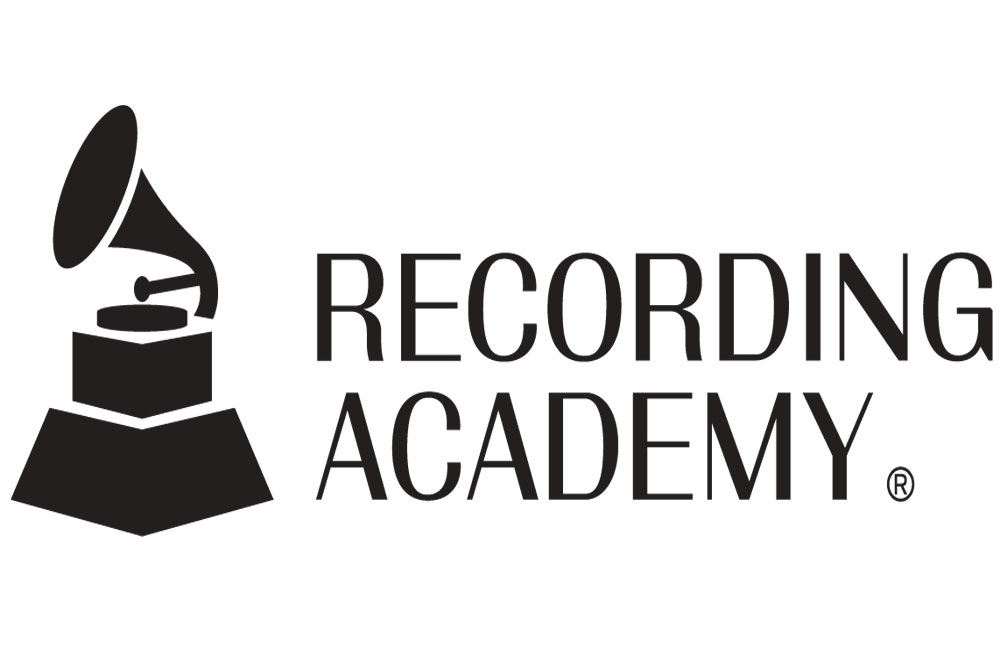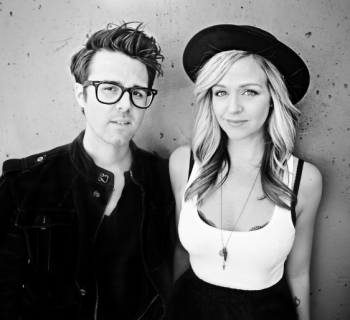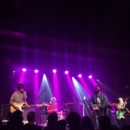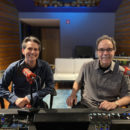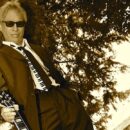Senior Managing Director of the Recording Academy’s Producers & Engineers Wing
Years with Company: 15
Address: 3030 Olympic Blvd., Santa Monica, CA 90404
Phone: 310-392-3777
Web: producersandengineers.com
BACKGROUND
Droney began her career in music as a busker on the storied streets of San Francisco. It soon fell to her to record bands she was in, which led, ultimately, to work with Whitney Houston, Aretha Franklin and Santana. She also has a background in studio management, teaching and music journalism. Indeed, in 2018 she co-authored Al Schmitt on the Record: The Magic Behind the Music, a book about the late and legendary 20-time Grammy-winning recording engineer. Among her many duties with the Recording Academy is the formulation of audio recommendations––metadata, for example.
Joining the Academy
It was kind of a unique job description that fit me. It uses all of my skills plus a whole lot more. We do things like advocacy in Washington, D.C. and the Academy is strong on campaigning for the rights of music creators and has been since it first formed. We have a big annual event in D.C. called “GRAMMYs on the Hill,” which is sort of life-changing because you get to go to Congress people’s offices, talk with them and realize that they have to listen to you. We also have “District Advocate Day” where thousands of people around the country can visit and lobby their representatives in their home districts while Congress is out of session in D.C.
A Typical Day
Yesterday I had a call with recording engineers George Massenburg and Jeff Balding. They’re among the original creators of one of our most well-known sets of white papers: Recommendation for Delivery of Recorded Music Projects. It started in 2004 when people began to realize that what was getting delivered to labels as a final product was inconsistent. The best example is the infamous “Holiday Inn hard drive,” which was an unlabeled hard drive in a cardboard box wrapped in a Holiday Inn towel with no notes. That’s the epitome of what was happening.
There was also a time when people tried to deliver thumb drives to labels. We have another paper on how to record high-resolution audio. This year Spotify has said it will begin to stream CD and better-than-CD quality; Apple and Amazon are already doing that. We work together with the labels to make sure that the product gets delivered in the way artists intended.
Challenges in the Industry
One of the big problems we still face is recording metadata and getting that right. That’s coming into focus through something we lobbied for: The Music Modernization Act. There was also the formation of the MLC [Mechanical Licensing Collective] so that songwriters and publishers have all of their information included and [information about] who needs to get paid. To make that work, people have to ensure that their metadata is correct at the start. There’s still a big gap in getting that information collected properly and disseminated. There are several entities working on that and we’re getting there.
Challenges in Her Position
What my colleagues and I do is protect and nurture artists. Advocacy and MusiCares are pillars of our work and on my side it’s education about the best practices in the recording arts. Those are all challenging because in the digital age music and music creators were devalued. Just because parts of the industry are currently thriving doesn’t mean that the money trickles down to creators properly—for all sorts of reasons. People had become dependent on touring and their incomes have fallen in the digital world. We need to figure out solutions to have more equity for the creators. That’s one of the ultimate challenges that we face.
Challenges for Emerging Audio Professionals
In one of our videos, George Augspurger, who was a Technical Grammy recipient in 2020, was so optimistic. He said that if you like to know how things work and you love music, you can have an awful lot of fun with audio. It’s true that those typical studio jobs aren’t as plentiful as they used to be. Somebody said to me once that it was always a million-to-one shot to get a job at a recording studio. In fact I knocked on doors all over San Francisco before I got my first job at a studio. It’s now probably two million to one because there are so few studios that have those entry level jobs. People think anyone can engineer these days because of the tools available; but not everyone can engineer well! Terri Winston who runs Women’s Audio Mission in San Francisco has helped girls and young women get into audio technology since 2003. She’s got a lot of support from the local tech companies because one of the things she does is bring women into audio engineering. These days there are a number of avenues: podcasts, soundtracks and other things. People have diversified a lot; there are all sorts of hybrids. There’s been a lot of change, but there are still a good number of opportunities. You’ve really got to want it, though. It’s a calling.
Academy Chapters
The Academy has twelve chapters in cities around the country and some are also regional. We have quarterly meetings with the chairs, which are great because we’re in touch with the grassroots people who make music; the people who actually do the work in the studio and make the records. We did a series of panels for a while called “Songs That Changed My Life” and for one of them [famed engineer] Bob Clearmountain brought in “Delta Lady” by Leon Russell. That was the song that made him want to be in the studio where people were making recordings.
The Future of Audio
Remote recording won’t go away. In fact, it will get better. I spoke with a company recently that’s got a product coming out that will address latency in a real way. It will allow musicians to do higher-quality online recordings. Again, Spotify has plans to go with CD-quality music soon and that will change the way people listen. Things will get better in terms of hearing music in the way artists intended it to be heard. Immersive audio will also be important. Certainly the labels are putting money into immersive mixing. That’s one of the things our committees do: keep things working well for the creators and the studio people as well as for the inventors of the technologies. We try to keep it in line so that technologies don’t become competing formats that kill off each other or put a burden on creators because they didn’t sort out how users would work with it.
Projects on Her Horizon
The biggest thing is the revamp of the delivery recommendations. Iron Mountain Entertainment Services is a partner of ours and they work with the Prince and Bob Dylan libraries. They plan to archive Dylan’s material in Tulsa, Oklahoma. Bob was amenable to that because Woody Guthrie’s archives are also housed there and [Dylan] has a strong affinity for him. That kind of work will be a focus for us this year. We’re also represented on the National Recording Preservation Board, which got a lot of press this year, notably because of inductions of Jackson Browne and Janet Jackson records. There was a lot of other uplifting recordings inducted this year and not just music: spoken word, baseball games and so forth.

